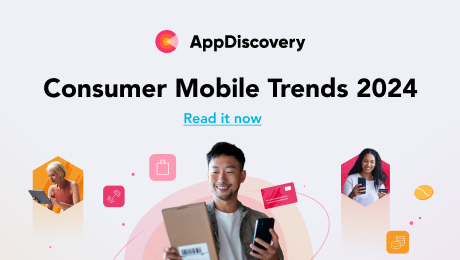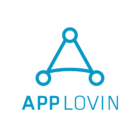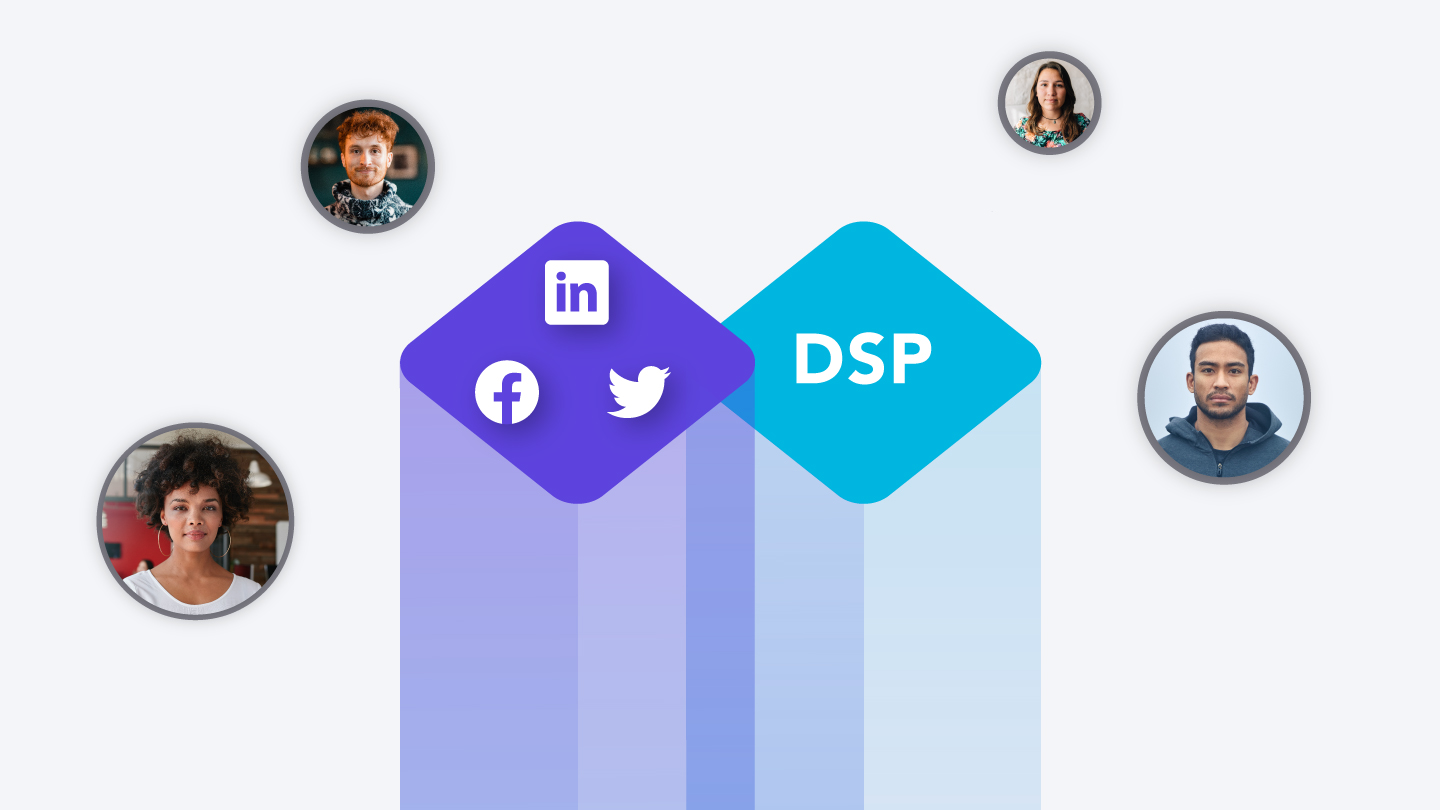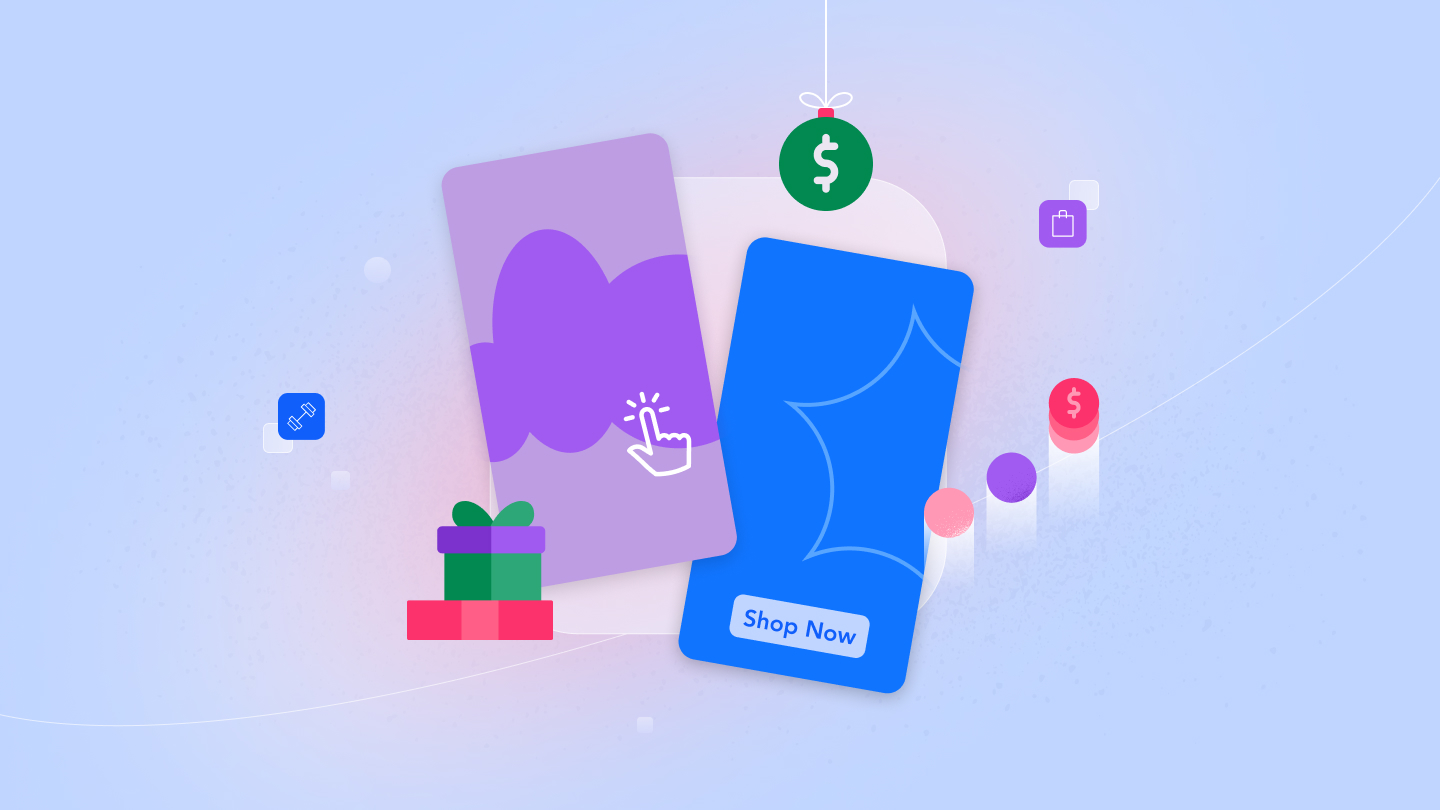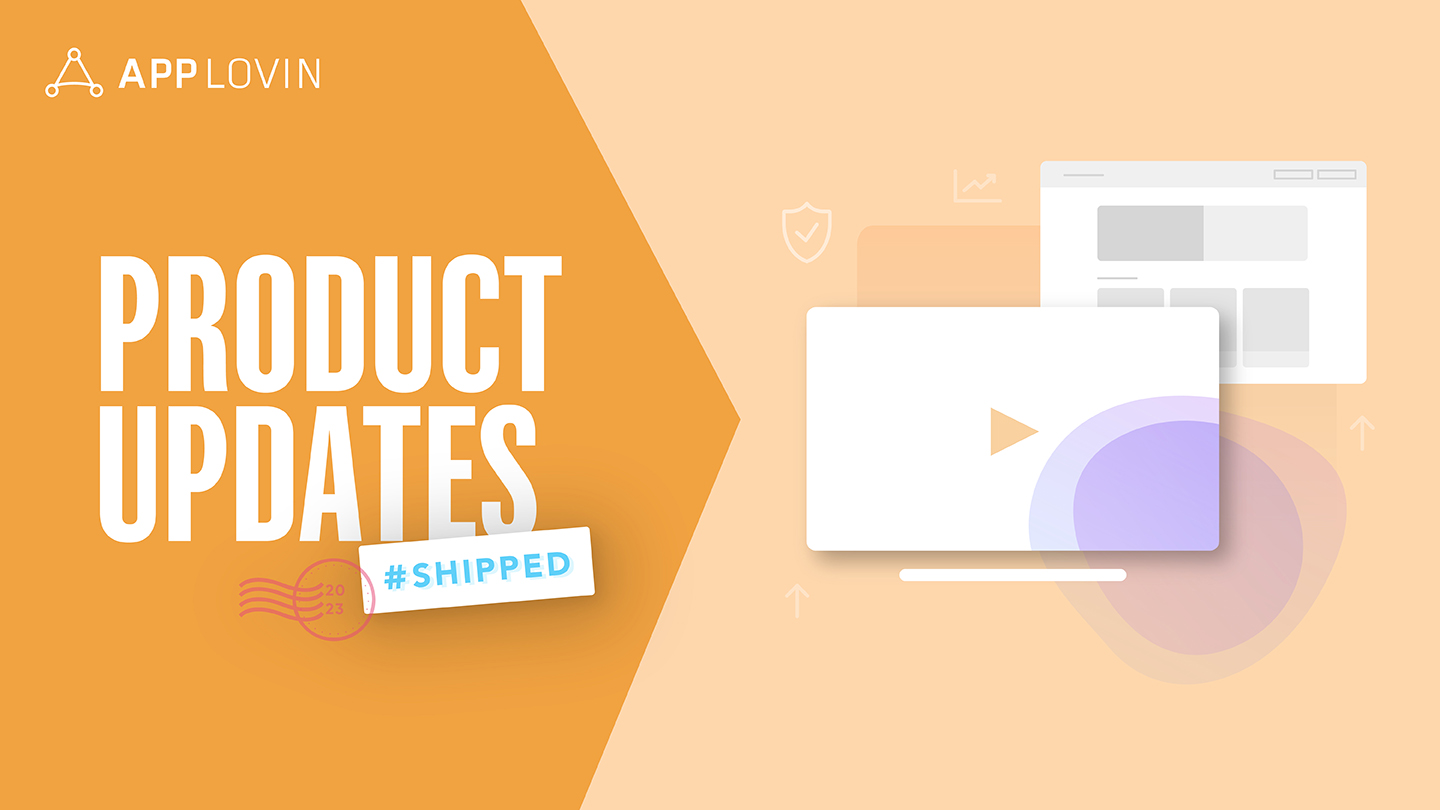Social channels are a great way to connect with audiences and grow your app business—but if you’ve noticed a plateau in your results, what can you do to find new, high-quality users?
It’s time to expand your horizons. Social networks such as Facebook, Twitter, Snapchat, Pinterest, and Reddit have their own mobile advertising platforms and typically have similar audience targeting abilities, including demographics, interests, and behaviors.
Outside of social networks, improving your revenue potential requires research and due diligence. Not every mobile network will make sense for your business goals. Let’s look at what to consider for two alternatives to social networks: Mobile ad networks and DSPs.
Mobile ad networks and DSPs
Ad networks and demand-side platforms, or DSPs, both provide access to mobile inventory and support the technical part of media buying—but they do so in different ways.
Mobile ad networks often act as a “broker” between advertisers and a supply of in-app ad inventory. Mobile ad networks:
- Help publishers of all sizes to monetize their impressions with in-app advertising, and help advertisers promote on publisher supply
- Provide access via a centralized source to a wide variety of publisher inventory
- Improve efficiency, as manual optimizations on these platforms can be very minimal
- Make onboarding quick and easy (although this depends on the specific network)
- In the case of AppDiscovery, Enable developers to find new, high-value users with advanced ROAS-optimized campaigns
DSPs also connect advertiser demand to one or multiple sources of ad inventory. However, they access this supply through an ad network’s exchange. DSPs provide:
- A comprehensive and automated way to buy and sell media
- Access to hundreds of traffic sources
- Opportunities to reach your intended audience through millions of touchpoints at a time
What value do DSPs and ad networks provide?
DSPs give you access to a wide range of supply, often buying inventory and reselling it at a higher margin, while ad networks can provide more control. DSP’s don’t have direct relationships with publishers, but instead have direct relationships with networks that have those publisher relationships. Ad networks allow publishers to sell their inventory, often through bidding paltforms like MAX, and can present added benefits to advertisers.
Combining both in a single platform can enable a virtuous growth cycle and drive high performance.
Ad networks: self-serve vs. managed
DSPs and ad networks generally have both a self-serve and managed account option. Self-serve means you can go directly into your dashboard and make changes to your campaigns. Managed means an account manager is assigned to you and helps with onboarding, campaign optimization, and day-to-day management.
With DSPs, daily optimizations are mostly handled by the platform. With ad networks, you may get a dedicated account manager or media strategist to help you set up campaigns.
What makes the most sense for your app business?
It all depends on your goals, but both ad networks and DSP’s provide growth opportunities for advertisers. Ad Networks have advanced in recent years, are becoming programmatic with RTB and advanced audience targeting, and may be the right choice for your business if directly accessing premium publishers inventory is important to you.
DSP’s on the other hand, provide a wide variety of inventory and automation tools in a cost efficient manner.
If you have the budget, try both, assess ROI and focus where the value is for your business.
Reach your app business marketing goals
While social media networks may have worked for you so far, there is a whole universe beyond them and many more opportunities to reach your ideal audience. Diversifying your mobile app marketing portfolio means understanding the benefits and limitations of each platform while using the data to set your campaign optimizations and business decisions.
Focus on what makes the most sense for your app, while keeping an eye on important metrics such as your ROAS goals.
Want to keep growing your app business? Learn more about AppDiscovery.
